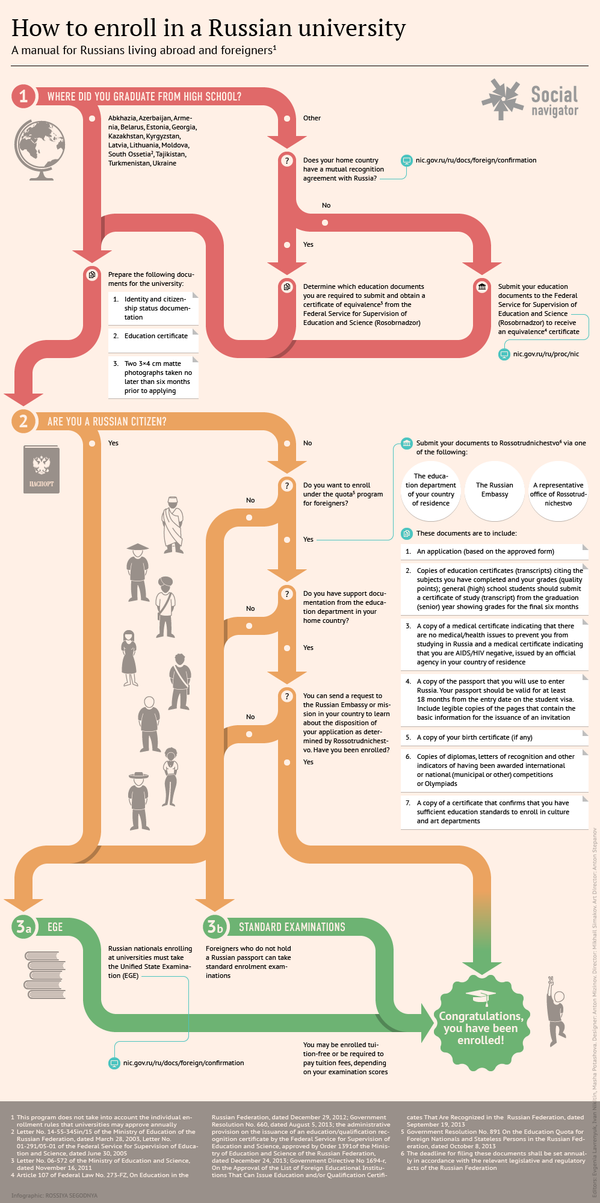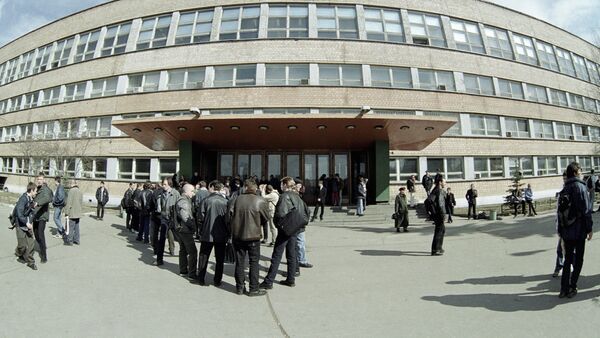MOSCOW, December 5 (Sputnik) —The head of the Moscow Engineering Physics Institute told RIA Novosti Friday that its high position in the most recent Times Higher Education BRICS & Emerging Economies Rankings should be viewed as an incentive for future development.
"I believe this [that fact that MEPhI was ranked 13th in the 2014 Times BRICS ranking] should be viewed as an incentive for further work," Dr. Mikhail Strikhanov said, adding that in order to achieve a high position in an international education ranking an institute needs to have a powerful and recognizable brand, a significant number of high-quality scientific publications and of course be an alma mater for many highly-qualified professionals.

According to Strikhanov, the universities of the BRICS countries are developing very rapidly and in order to maintain its leadership the institute needs to develop the strengths it currently has — and these are "the science, the education and the industrial innovations."
The institute's most ambitious plans include a six-fold increase in the number of publications in peer-reviewed journals over the next eight years. By 2020 the University plans to treble the number of foreign students, bringing it to 21 percent from the current 6.5 percent. Over the same time period, the number of foreign staff is expected to reach 14 percent.
The Times Higher Education BRICS & Emerging Economies Rankings 2015 was released Wednesday. Russia is represented in the top-100 list by seven universities- Lomonosov Moscow State University (ranking 5th), the Moscow Engineering Physics Institute (13), Novosibirsk State University (34), Saint Petersburg State University (64), Moscow Institute of Physics and Technology (69), Ufa State Aviation Technical University (70) and Bauman Moscow State Technical University (90).
In June the Russian government divided 10.15 billion rubles" ($290 million using current exchange rates) worth of subsidies among 14 Russian universities to increase their competitiveness among global scientific research centers. The Moscow Engineering Physics Institute was among three schools that received the largest grants of 950 million rubles ($27 million).


